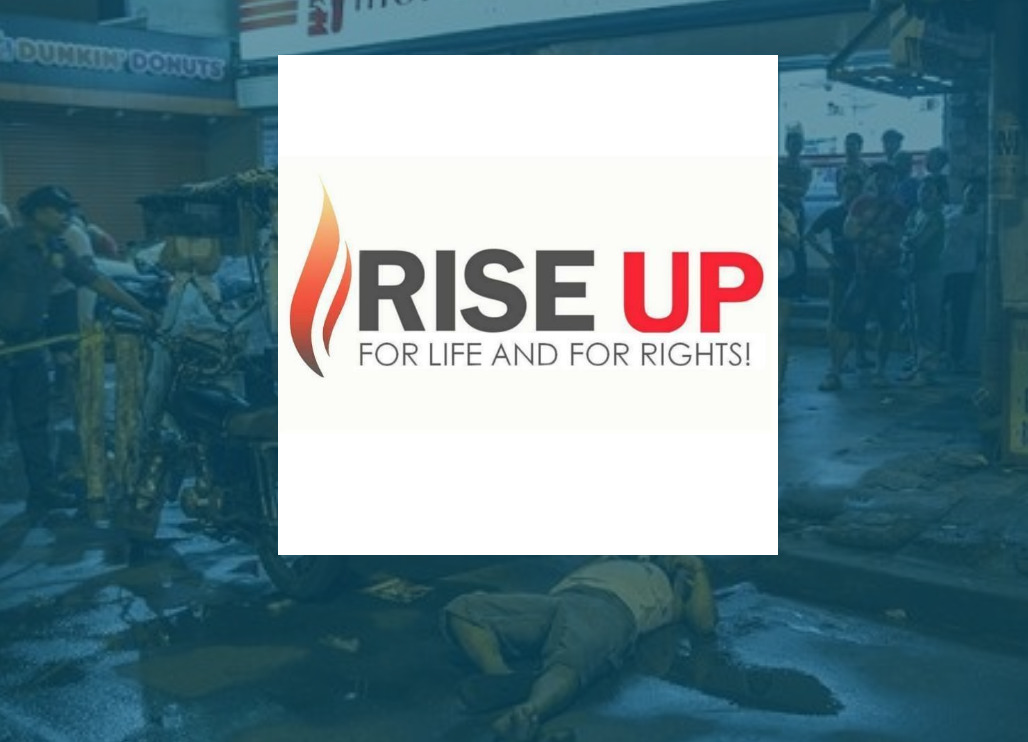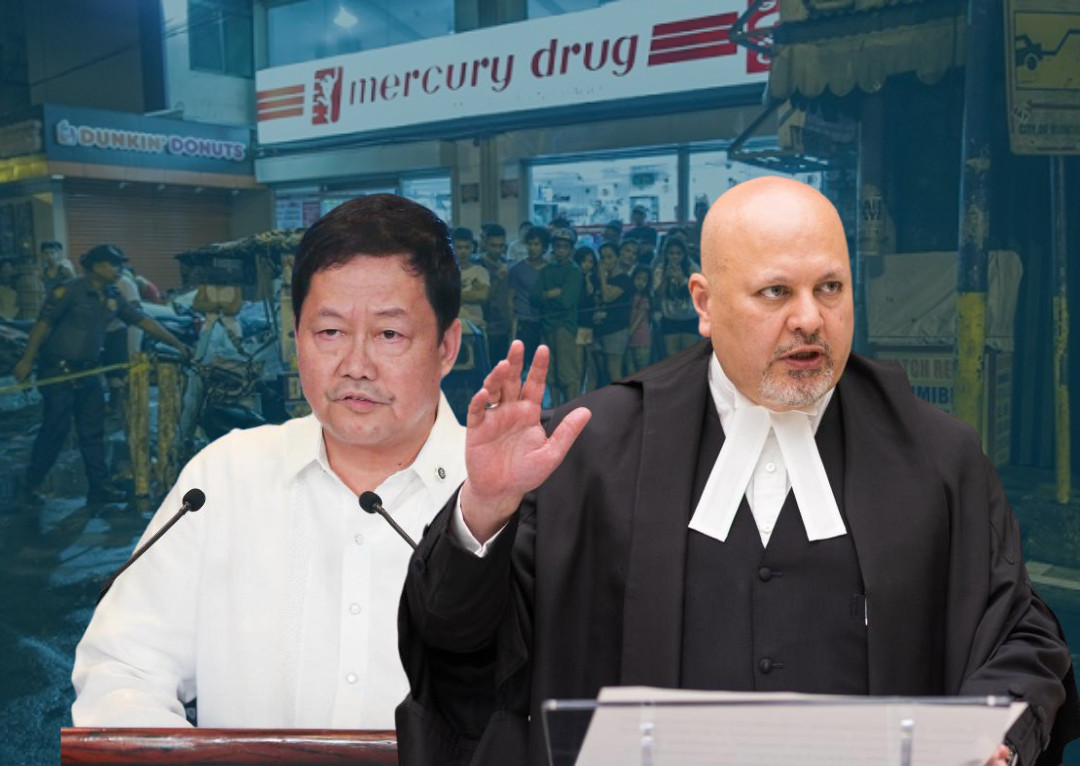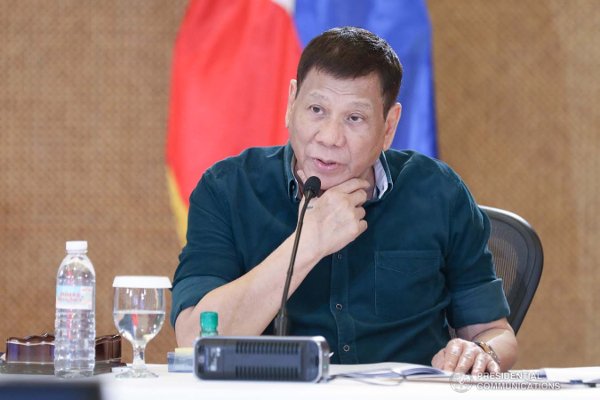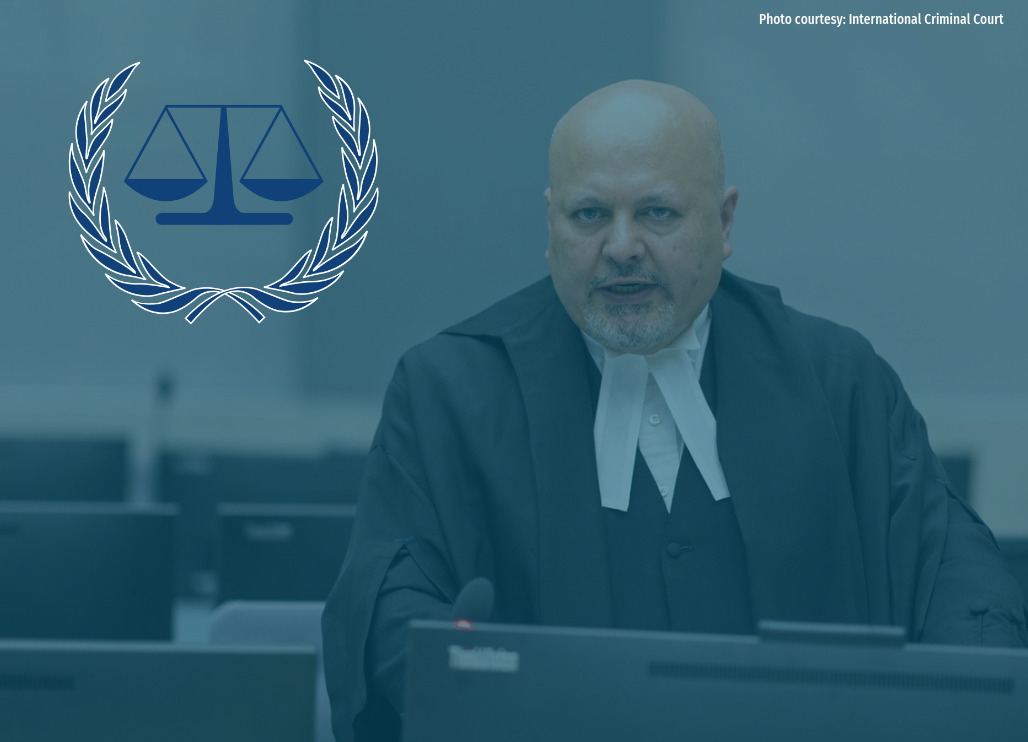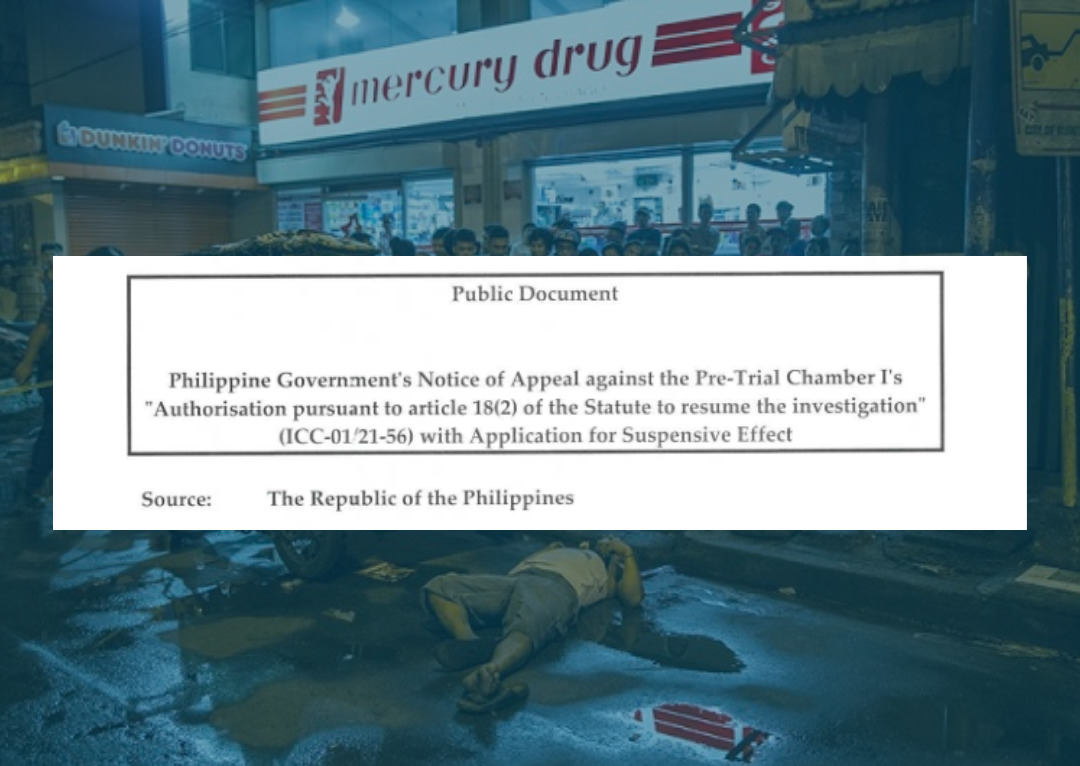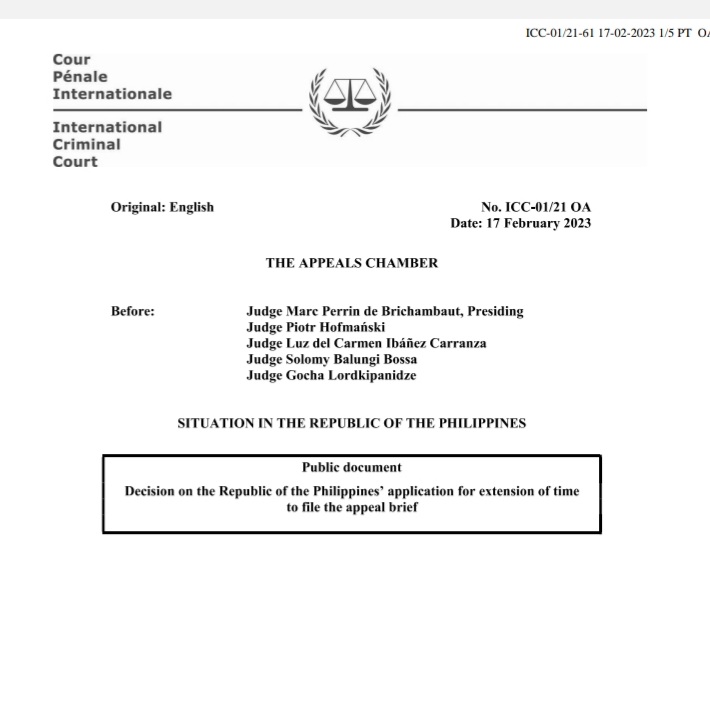A human rights group has urged Morris Tidball-Binz, the United Nations Special Rapporteur on extrajudicial or arbitrary executions, to either support the reopening of the investigation by International Criminal Court (ICC) Prosecutor Karim Khan into alleged drug-related killings in the Philippines or conduct his own probe.
In a four-page letter dated Nov. 7, the Rise Up for Life and for Rights, a network of church workers, human rights advocates and some 200 family members of drug war victims, also asked Tidball-Binz to condemn in the “strongest terms” the controversial campaign against illegal drugs, noting that the administration of President Ferdinand Marcos, Jr. has so far failed to address the problem.
“We are appalled (at) how the Marcos administration does not seem to see the killings, whether by police or any individual, as any cause of alarm. But what is more chilling is the fact that [the] government itself – through local police officers, relatives of public officials – clearly has a sinister role in the drug trade, whether as enabler or protector,” the group said.
Lawyer Kristina Conti, one of the counsels for Rise Up for Life and for Rights, told VERA Files that they will submit their letter to Tidball-Binz in Geneva on Nov. 15.
The Rise Up for Life and for Rights is among the groups that submitted communications in 2018 to bring to the ICC’s attention the alleged crimes against humanity being committed in the bloody war against drugs by the administration of former president Rodrigo Duterte government.
The group said that the Marcos administration has not conducted any genuine investigation into these “widespread and systematic attack[s] pursuant to a state policy [on drug war]” and treats them as “merely isolated or random incidents.”
“The Justice Department’s review of a few incidents [302 criminal and administrative cases] involving extrajudicial killings focuses on low-ranking police personnel and is intended, precisely, to shield Duterte and high-ranking officials from accountability while giving the semblance of a functioning justice system,” it said.
According to the Philippine National Police (PNP), 28 suspects were killed for resisting arrest during the 12,309 anti-drug operations in the first 100 days of the Marcos administration. An officer in the PNP’s Drug Enforcement Group’s Special Operations Unit in Metro Manila was arrested on Oct. 8 for alleged possession of two kilograms of shabu worth P13.6 million.
Dahas, a drug war monitoring project by the Third World Studies Center of the University of the Philippines, has reported 91 drug war casualties from July 1 to Sept. 30, 2022.
Rise Up for Life and for Rights pointed out to Tidball-Binz that accessing legal remedies in the country is difficult due to logistical and systemic constraints. The group has only been able to build and pursue the prosecution of police officers in three out of over 200 documented drug-related killings.
In other instances, the group said families of victims like Ephraim Escudero, Michael Lee, and Salvador Locasia were unable to file cases due to lack of documents such as sworn statements, unidentified suspects, fear of the police or reprisal and distrust of the local justice system. This was confirmed in a report by the Commission on Human Rights (CHR) in April.
“The unwillingness to cooperate, brought about by the climate of fear and reprisals, is indicative of the State’s failure to ensure the families’ access to full and effective remedy domestically,” the CHR report stated.
In September, Khan renewed his call for the ICC Pre-Trial Chamber to reopen the drug war probe because the Philippine government has failed to sufficiently mirror his investigation. The ICC investigation was temporarily suspended in November 2021 on the government’s request. (See PHL argument to defer drug war probe fails to convince ICC prosecutor)
Khan is looking into the alleged deaths of 12,000 to 30,000 suspected drug personalities and cases of alleged crimes against humanity such as torture and sexual violence. (See ICC authorizes full-blown probe into Duterte’s drug war)
